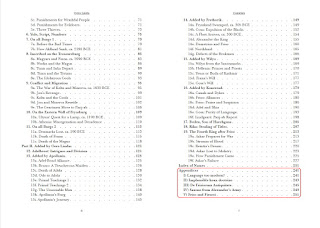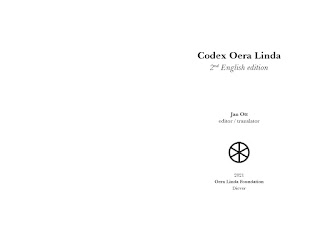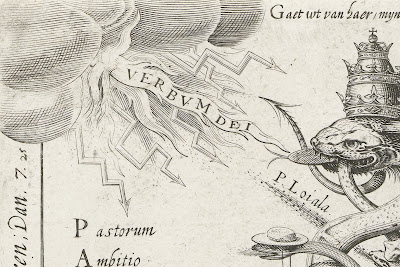|
|

|
man being born from (mother) Earth,
as suggested in same etching
|
|
MODER - Fryas
mother - English
moeder - Dutch, Afrikaans
móðir - Icelandic
Mutter - German
Máthair - Irish
màthair - Scots Gaelic
mater - Latin
μητέρα - Greek
madre - Italian, Spanish
mor - Norse, Swedish, Danish
mère - French
mare - Catalan
māte - Latvian
мать - Russian
мати - Ukraininan
motina - Lithuanian
(not as such used in Oera Linda, but suggested in 'Primal History', as life on Earth was born out of soil; 'Mother Earth':)
mud - English
moder - Middle Dutch, Middle High German
modder (wet, fertile soil) - Dutch, Afrikaans, Frisian
mudder - Danish
muda - Estonian
mutaa - Finnish
mwd - Welsh
related?: mudra (seal, gesture) - Sanskrit
marsh - English
moeras - Dutch
Moor - German
MOD - Fryas (also: WÉMOD = melancholy, lit. woe-mood, HÁGMOD = pride, haughtiness, hubris, lit. high-mood)
moed (courage) - Dutch
mod - Old Frisian, Swedish, Danish
mot - Norse
Mut(h) - German
mood - English
modus - Latin
MOD - Fryas
gemoed (soul, spirit, seat of feelings and moods) - Dutch
Gemüt - German
gimōde - Old Saxon
gemōde, gemōte - Middle Dutch
gimuati - Old High German
gemüete, gemuote - Middle High German
gemēde - Old English
MOD (1x) - Fryas (why this use might be related, I cannot tell; I include it because of exact same spelling in Oera Linda, though used only once)
moe (tired) - Dutch
moeg - Afrikaans
müde - German
muothi/-e - Old Dutch
mōthi - Old Saxon
mēðe - Old English
móðr - Old Norse
mo - Norse
FORMODA - Fryas
vermoeden (verb/noun: suspect, consider) - Dutch
vermuten/ Vermutung - German
formode/ vormodning - Danish
-/ förmodan - Swedish
moda, formodia - Old Frisian
... etcetera
Also interesting are these cognates for mud, soil, earth:
prut - Dutch (slang)
pridd - Welsh
prithvi - Sanskrit
Some other words related to earth/ ground/ soil/ mud in Oera Linda are GRVND, LÁND, BODEME and SLIP.







































